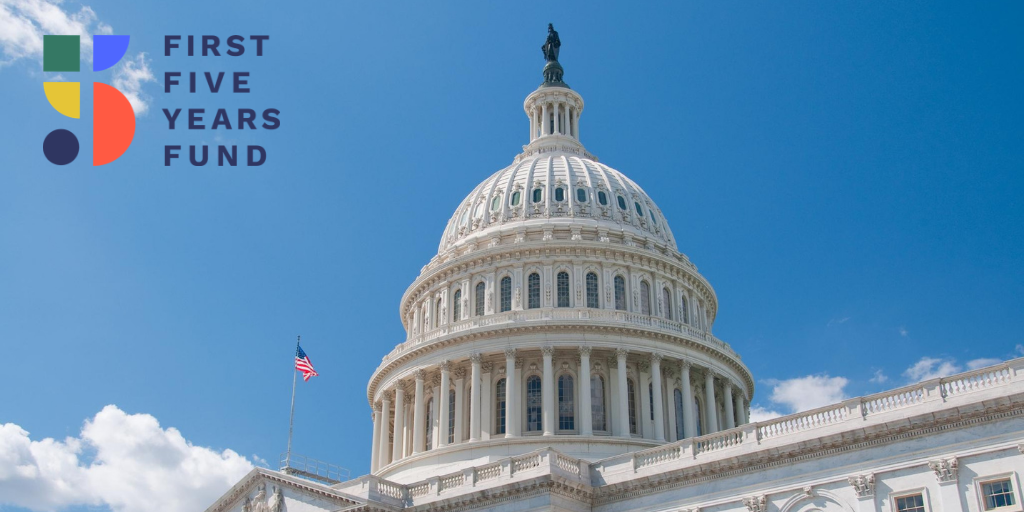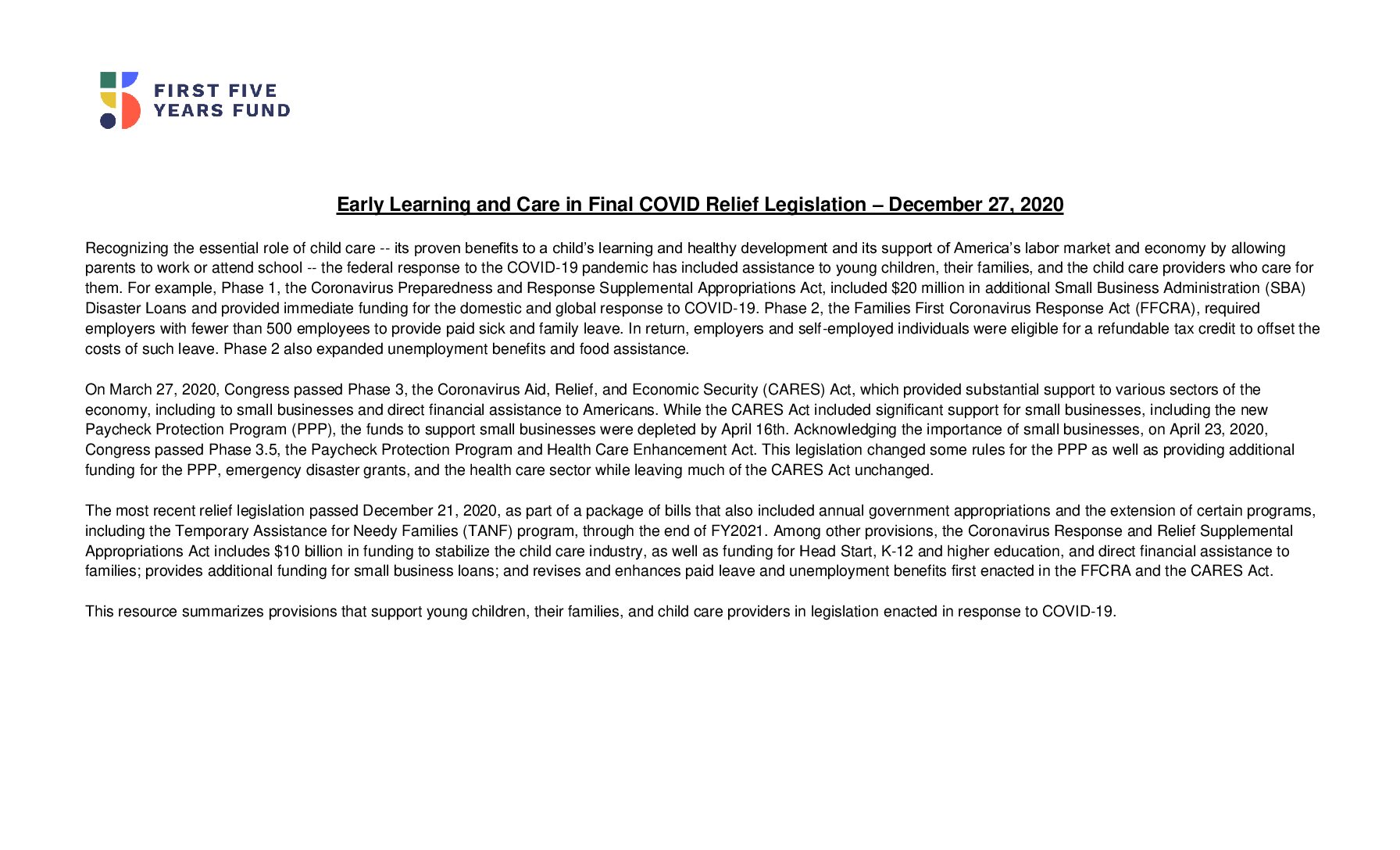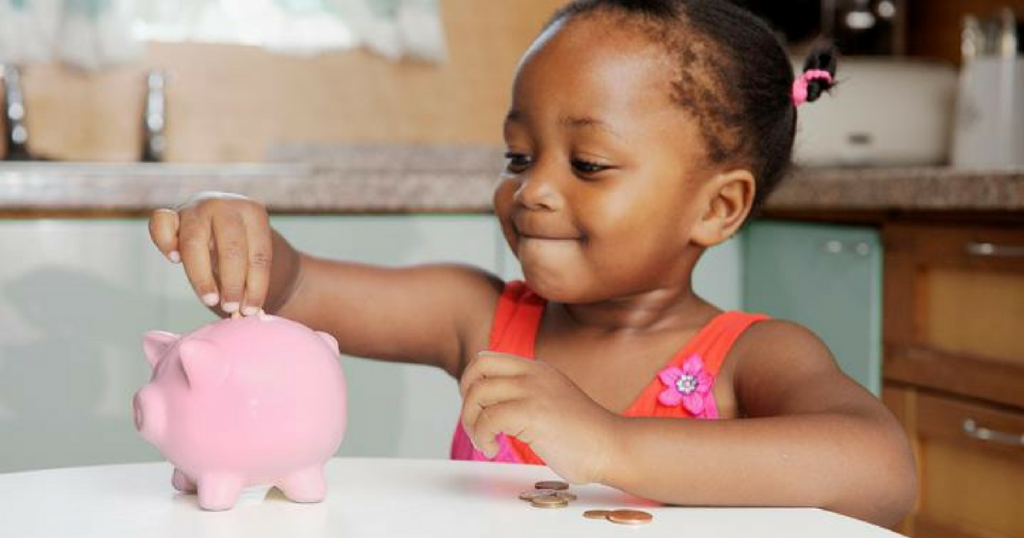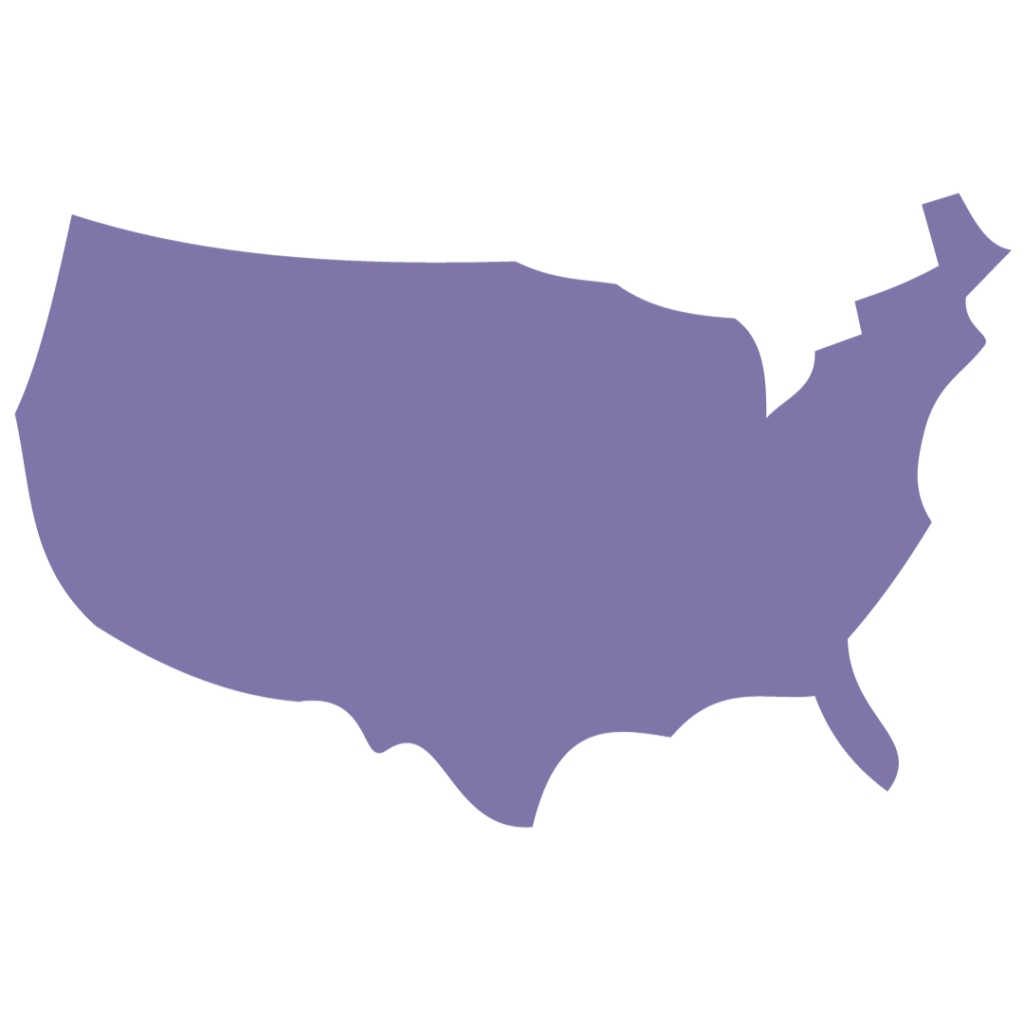Early Learning and Care in Final COVID Relief Legislation

Recognizing the essential role of child care — its proven benefits to a child’s learning and healthy development and its support of America’s labor market and economy by allowing parents to work or attend school — the federal response to the COVID-19 pandemic has included assistance to young children, their families, and the child care providers who care for them.
For example, Phase 1, the Coronavirus Preparedness and Response Supplemental Appropriations Act, included $20 million in additional Small Business Administration (SBA) Disaster Loans and provided immediate funding for the domestic and global response to COVID-19. Phase 2, the Families First Coronavirus Response Act, requires employers with fewer than 500 employees to provide paid sick and family leave. In return, employers and self-employed individuals are eligible for a refundable tax credit to offset the costs of such leave. Phase 2 also expanded unemployment benefits and food assistance.
On March 27, 2020, Congress passed Phase 3, the Coronavirus Aid, Relief, and Economic Security (CARES) Act, which provided substantial support to various sectors of the economy, including to small businesses and direct financial assistance to Americans. While the CARES Act included significant support for small businesses, including the new Paycheck Protection Program (PPP), the funds to support small businesses were depleted by April 16th. Acknowledging the importance of small businesses, on April 23, 2020, Congress again took action and passed Phase 3.5, the Paycheck Protection Program and Health Care Enhancement Act. This legislation changed some rules for the PPP as well as providing additional funding for the PPP, emergency disaster grants, and the health care sector while leaving much of the CARES Act unchanged.
In May, the House passed the Health and Economic Recovery Omnibus Emergency Solutions (HEROES) Act, which included substantial aid to states and localities, as well as direct assistance to Americans. The Senate introduced its “Phase 4” proposal, the Health, Economic Assistance, Liability Protections, and Schools (HEALS) Act, on July 27, 2020, and released a revised version of that proposal, the Delivering Immediate Relief to America’s Families, Schools and Small Businesses Act, on September 8, 2020. Most recently, the House introduced an updated Heroes Act, which incorporates many similar provisions but would include an additional $50 billion in child care stabilization funding.
The most recent relief legislation passed December 21, 2020, as part of a package of bills that also included annual government appropriations and the extension of certain programs, including the Temporary Assistance for Needy Families (TANF) program, through the end of FY2021. Among other provisions, the Coronavirus Response and Relief Supplemental Appropriations Act includes $10 billion in funding to stabilize the child care industry, as well as funding for Head Start, K-12 and higher education, and direct financial assistance to families; provides additional funding for small business loans; and revises and enhances paid leave and unemployment benefits first enacted in the FFCRA and the CARES Act.
This resource summarizes provisions that support young children, their families, and child care providers in enacted legislation in response to COVID-19, as well as relevant provisions from the bills proposed by the House and Senate. This resource will be updated as new proposals are introduced.
Subscribe to FFYF First Look
Every morning, FFYF reports on the latest child care & early learning news from across the country. Subscribe and take 5 minutes to know what's happening in early childhood education.




